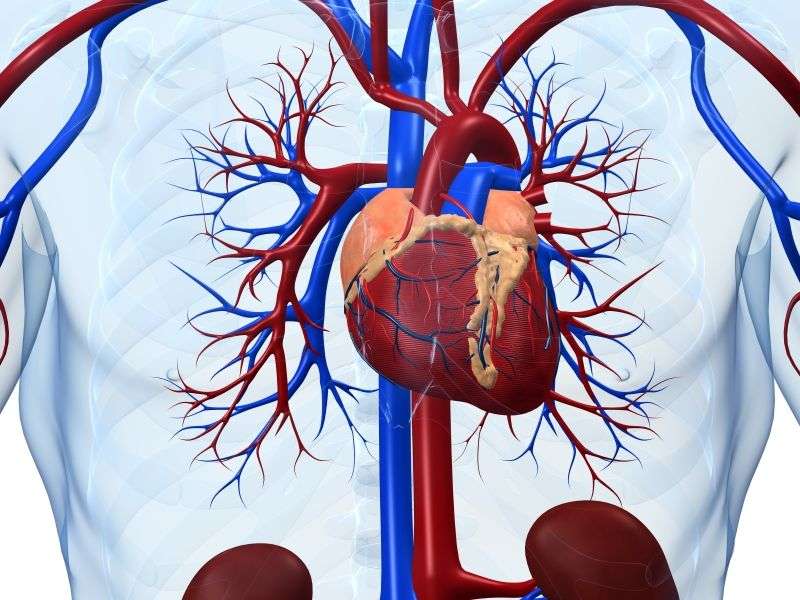(HealthDay)—For patients with atrial fibrillation (AF), vitamin K antagonist (VKA) monotherapy is associated with reduced risk of first-time myocardial infarction (MI) and stroke compared with acetylsalicylic acid (ASA) monotherapy, according to a study published in the June 20 issue of the Journal of the American College of Cardiology.
Christina J.-Y. Lee, M.D., from Aalborg University in Denmark, and colleagues identified subjects with first-time AF diagnosed from 1997 to 2012 without history of coronary artery disease. The authors examined the incidence of first-time MI according to antithrombotic treatment. Data were included for 71,959 patients: 52 percent treated with VKA monotherapy, 35 percent with ASA monotherapy, and 13 percent with dual therapy (VKA + ASA).
The incidence of MI was 3 percent overall. The researchers found that the associated risk of MI was increased for ASA and dual therapy relative to the VKA-treated group (incidence rate ratios [IRR], 1.54 and 1.22, respectively). Dual therapy was associated with a significantly higher bleeding risk (IRR, 1.93). Relative to that of VKA therapy, the risk of stroke was significantly increased for ASA and dual therapy (IRR, 2.00 and 1.30, respectively).
"VKA monotherapy in patients with AF was associated with a lower risk of first-time MI and stroke than ASA monotherapy," the authors write. "Combination of ASA and VKA therapy was not associated with a lower risk of MI but was associated with increased bleeding risk."
Several authors disclosed financial ties to pharmaceutical companies, including Bristol-Myers Squibb and Pfizer, both of which funded the study.
More information:
Abstract/Full Text (subscription or payment may be required)
Editorial (subscription or payment may be required)
Journal information: Journal of the American College of Cardiology
Copyright © 2017 HealthDay. All rights reserved.























